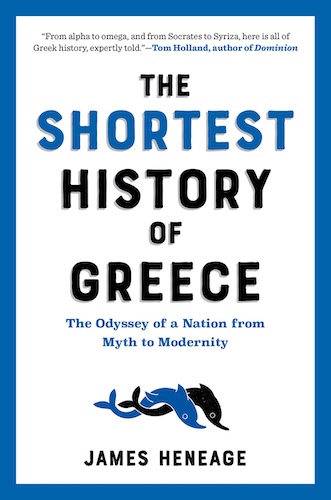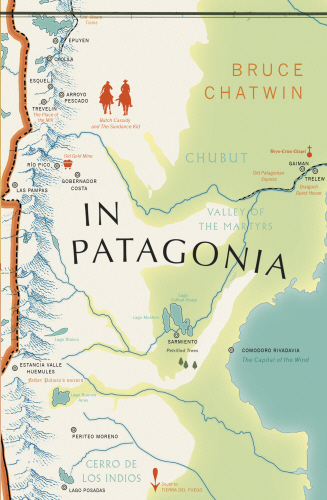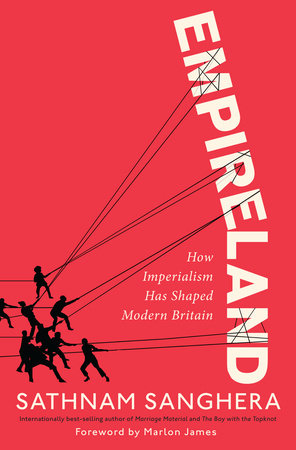Beach reads
The first day of September always feels like the end of summer, even though it is still ridiculously hot and humid. My watch says that the humidity was 83% for my bike ride this morning, which certainly feels about right.
As we start to close out the summer, therefore, here is an accounting of the books I took away on holiday to read at the beach.

Icehenge, Kim Stanley Robinson
This is a reissue of a book I had not read at the time, and never quite got around to later. I love KSR’s Red/Green/Blue Mars, and there are a bunch of themes in Icehenge that show up in the later trilogy. Obviously the Martian setting, as well as longevity and the concomitant memory issues, are carried over. What isn’t is the more literary structure, with the same story told three times, leaving the reader unsure of which version of the story is supposed to be the “true” one. I can see why leaving that concept out of RGB Mars made the trilogy more widely successful than this earlier installation, but I also did enjoy this different exploration of the other themes of the later work. Icehenge is also the perfect length; adding sequels, let alone turning this one into a trilogy, would have ruined the point. I’m glad that KSR started out fresh, but I’m also glad this book exists, and a little sad that it is overshadowed by its larger sibling.

The Shortest History of Greece, James Heneage
My summer holiday this year was in Greece, in Athens and then on Tinos, so it seemed appropriate to review and update my Greek history. I studied Classical Greek back in high school — but in an Italian curriculum, after the split between Western and Eastern Roman Empires, the East mostly drops off the map, except for mentions of Byzantine cities in Italy and then contacts between the Venetians and Constantinople. After the fall of Constantinople, I honestly don’t remember it coming up again.
I have read a bit more on the topic since then, but mostly with Greece cropping in wider contexts, whether of the Levant in general, or specifically the Ottoman empire — and again, not much since independence. It was interesting therefore to learn more about these “dark ages” and how scattered Greek communities kept the idea of Greekness alive, even before the independence struggle came properly into its own in the nineteenth century (with some ineffectual help from Byron). The chaos of the post-independence years, the failed campaign in Asia Minor and the tragedy of Smyrna, and the ridiculous dictatorship of the colonels, were mostly new to me, especially the influence of the latter on the disastrous push for enosis between Cyprus and Greece.
This is in no way an exhaustive book, but it seems fairly comprehensive, if somewhat hagiographic in places. Heneage gives plenty of pointers for future, deeper reading — maybe on my next Greek holiday. This was my seventh trip, and I’m not nearly done with the place yet. Rhodes and the Dodecanese are next on my bucket list.

Patagonia, Bruce Chatwin
I had had this one on my wishlist for a while — years, probably — but I stayed at my uncle’s place recently, and he gave me his copy to take home. It’s a wonderful, dreamlike read, as Chatwin tramps around huge wild landscapes, chasing stories about a distant cousin and meeting all sorts of incredible characters along the way. The book tells the story of the ending of the English community in that part of the world — a group that did not quite colonise the place, but behaved in ways that I definitely recognise from my own South African family stories. A beautiful and atmospheric read.

Empireland, Sathnam Sangera
Another one I had had on my wishlist since it came out, and it finally made it to the top, probably spurred by reading Babel. Ultimately it felt a little unsatisfying, like a magazine article that had been padded out into a book, but without adding any meaningful structure or conclusions. Perhaps it’s simply that I don’t know who the author is, whereas from context I gather he’s a fairly well-known journalist in the UK.
Ultimately I found this book interesting, but flawed — not least because the people who most need to engage with the idea of a wider definition of Britishness are precisely those who are least likely to pick up such a book.
🖼️ Book cover images from the respective publishers’ or authors’ websites